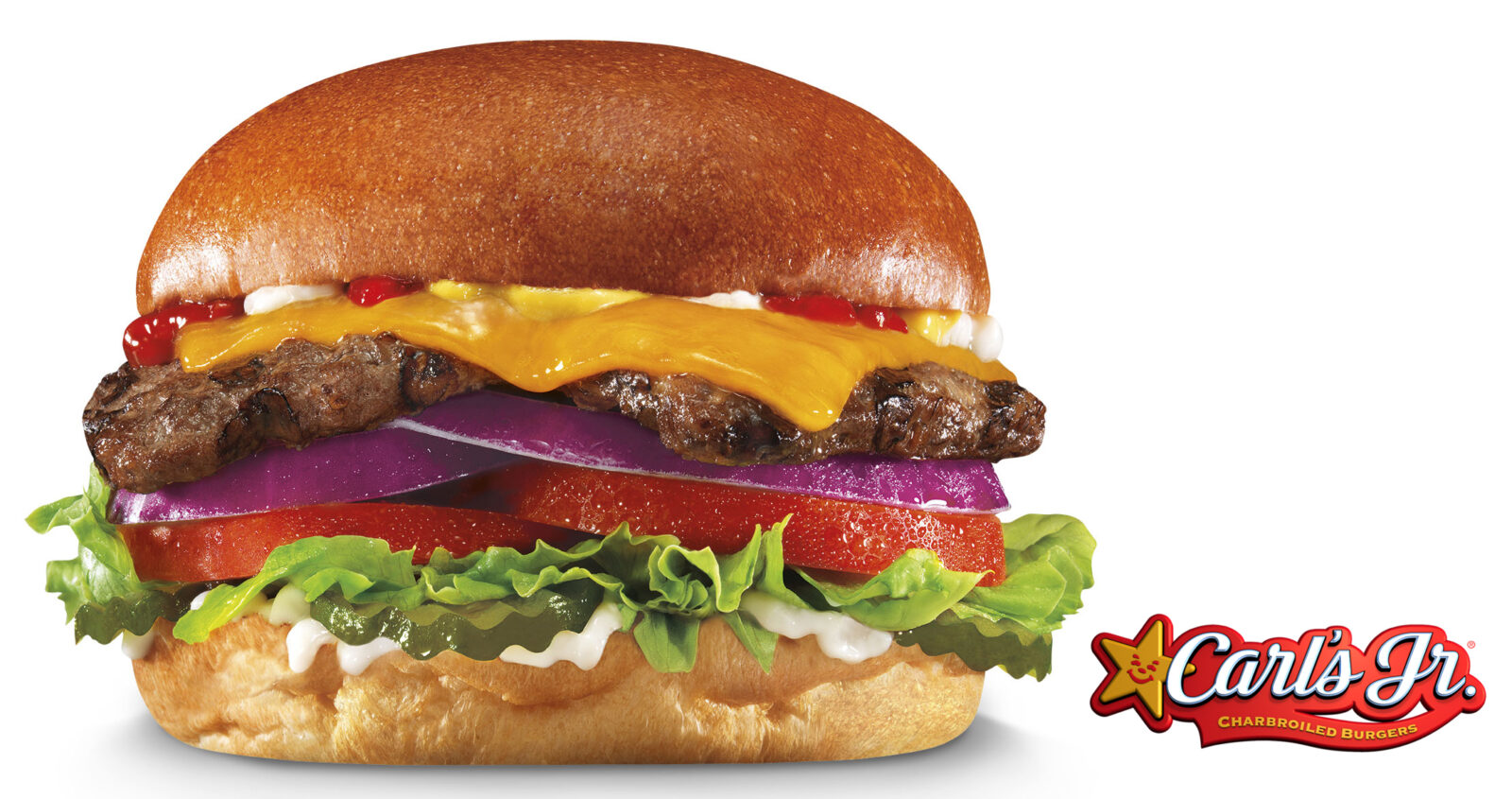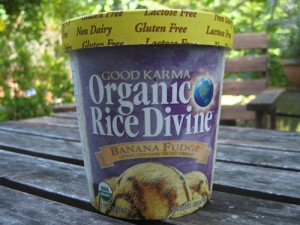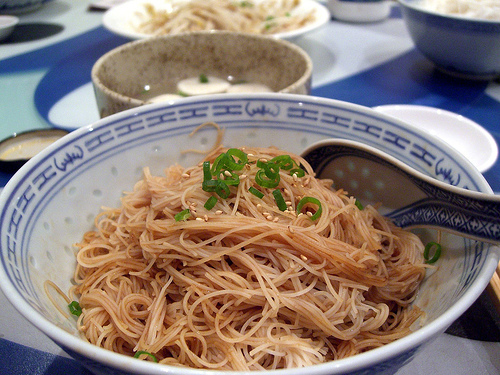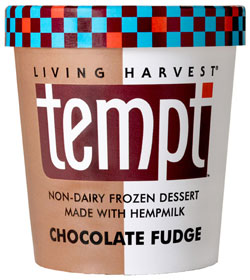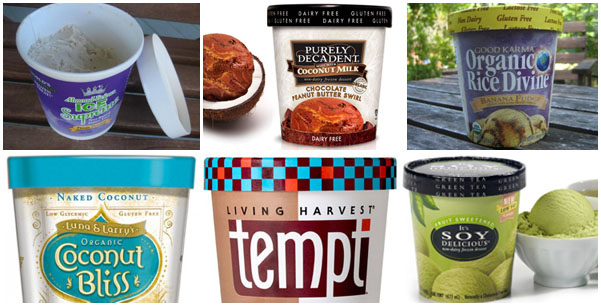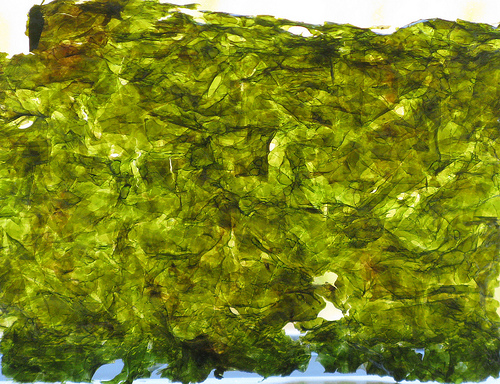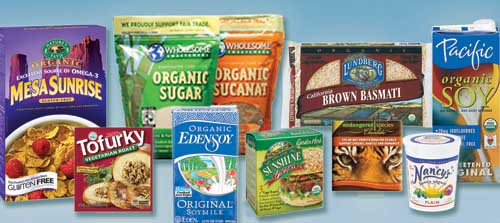
Back in December 2014, Carl’s Jr. introduced what it called “fast food’s first All-Natural Burger.” Their all-natural burger, made from grass-fed, free-range beef with no added hormones, steroids, or antibiotics was an industry first. In fact, the product has been so successful that Carl’s Jr. has introduced its first extension to its All-Natural Burger line with the addition of a mushroom and swiss cheese version. Carl’s Jr. is also rolling out an all-natural burger out at sister chain Hardee’s.
They even have a cheeky new ad, although its not as controversial (aka. suggestive) as the original all-natural burger ad featuring model Charlotte McKinney that aired during Super Bowl XLIX.:
Hype or Progress?
Many people have criticized Carl’s Jr. noting that all-natural is a meaningless term, only the burger patty is considered “all-natural” and that the burgers aren’t healthy (a single all-natural burger has 760 calories and 1,040mg of sodium). No kidding. As the folks at EatWellMoveWell, note:
Even the healthiest foods can be calorie bombs, and a grass fed burger (even at the finest paleo, primal, or gourmet restaurant) can be deadly to the waistline when you add fries, drinks, sauces, cheese, a 380 calorie bun – whether it’s gluten free or not (it’s not) – and desserts. Use your head (or your calorie calculator) people!
(You can check out EatWellMoveWell’s in-depth review of Carl’s Jr.’s all-natural burger for a blow by blow review.)
All that said, I have to agree that the Cral’s Jr. all-natural burger representsa step forward. The bottom line is the existence and growth of Carl’s Jr.’s all natural burger is the result of sufficient demand among customers. That is good — no, great — news. It means that the average consumer cares enough to buy a grass-fed, free-range burger that has no added hormones, steroids, or antibiotics. And, they are willing to pay a premium for it, because as fooducate points out the all-natural burger is not cheap – $4.69 for a single and $6.99 for a double, which is significantly higher than the chain’s standard priced burger – $2.99 for a single.
According to GrassFeedExchange, the Carl’s Jr. is sourcing its grass-fed beef from Australia, because there is not enough domestic supply available. Chipotle faced this same problem and has had to source much of their beef overseas. But, Chipotle has built its brand around sustainable food sourcing, so that’s not a surprise. Carl’s Jr. has no such ethical branding so this move is certainly more significant. I agree with the analysis at GrassFeedExchange:
… Carl’s Jr. offering an “All Natural, Grass-fed beef” burger will start to change the landscape of the fast food sector. If consumers respond favorably, and I anticipate they will, then other fast food chains will have to follow suit and offer grass-fed beef options as well.
With the all-natural burger Carl’s Jr. is changing the conversation about meat production. Their actions will no doubt cause other fast food chains to take note and in that way they will, knowingly or not, leverage the impact of the all-natural burger. We are sure to see other chains follow suit which will in turn create demand for better quality meat which, hopefully, will lead to more grass fed beef sources here in the United States. When chains like Carl’s Jr and Chipotle create demand, the market will inevitably create the supply. In this way Carl’s Jr. has the potential to make a broader impact on the environment than they alone can effect. If Carl’s Jr. can influence their suppliers (and their customers) to be more environmentally responsible, it is truly progress. I, for one, welcome that.
